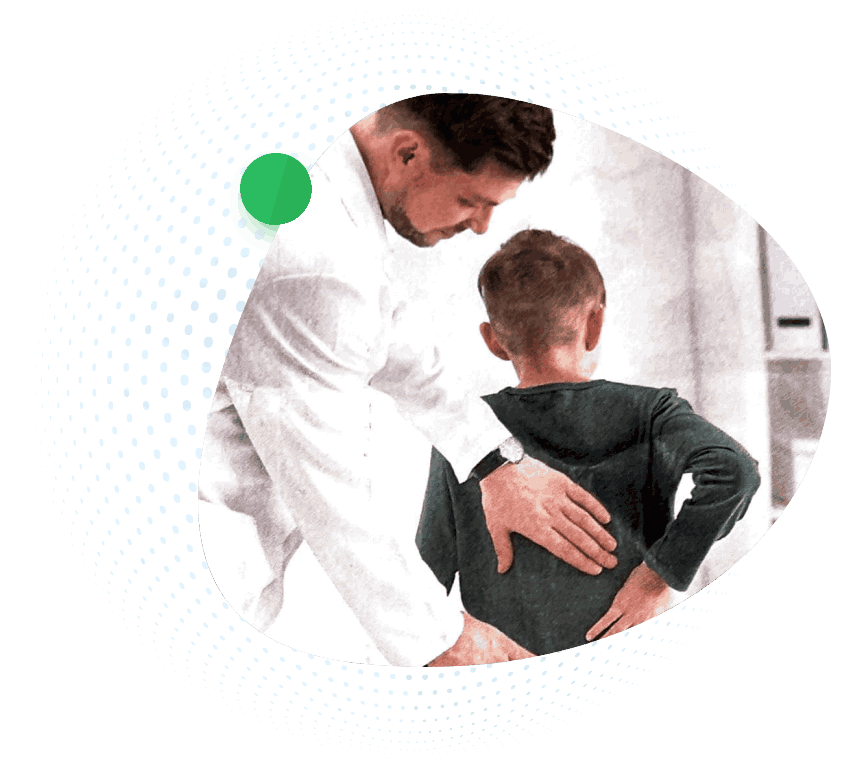When it comes to alleviating pain in children, choosing the right pain reliever is crucial for their well-being. Parents must steer various options, considering factors such as the child’s age, weight, and the type of pain or discomfort they are experiencing. Here’s a guide to help parents make informed decisions when selecting pain reliever for kids.
Understanding pain relievers for children:
Common over-the-counter pain relievers for children include acetaminophen (Tylenol) and ibuprofen (Advil, Motrin). These medications can be effective in reducing pain and fever, but it’s essential to use them appropriately and according to the child’s age and weight.
Age and weight considerations:
Dosage recommendations vary based on a child’s age and weight. It’s crucial to follow the guidelines provided on the medication packaging or as directed by a healthcare professional. Using the right dosage ensures effectiveness while minimizing the risk of adverse effects.
Acetaminophen (Tylenol):
Acetaminophen is commonly recommended for relieving mild to moderate pain and reducing fever in children. It’s a suitable option for various conditions, including headaches, teething discomfort, and mild injuries. However, exceeding the recommended dosage can lead to liver damage, so parents must adhere to dosage instructions carefully.
Ibuprofen (Advil, Motrin):
Ibuprofen is a nonsteroidal anti-inflammatory drug (NSAID) that can help reduce pain, inflammation, and fever. It may be a preferred choice for conditions involving inflammation, such as muscle strains or joint pain. Like acetaminophen, correct dosing is crucial, and it’s generally not recommended for infants under six months old.
Consulting a healthcare professional:
Before giving any pain reliever to a child, especially for infants or if the child has pre-existing health conditions, consulting a healthcare professional is advisable. They can provide personalized guidance based on the child’s specific needs and medical history.
Considering the type of pain:
Different pain relievers may be more effective for specific types of pain. For example, acetaminophen is often recommended for teething discomfort or headaches, while ibuprofen may be preferred for pain associated with inflammation, such as from a sprained ankle.
Avoiding aspirin in children:
Aspirin should be avoided in children and teenagers with viral infections due to the risk of Reye’s syndrome, a rare but serious condition. Parents should opt for acetaminophen or ibuprofen as safer alternatives.
